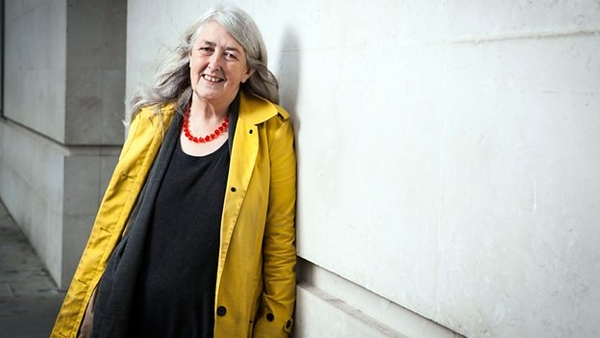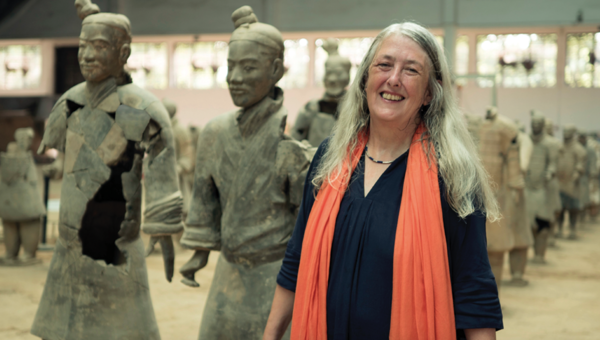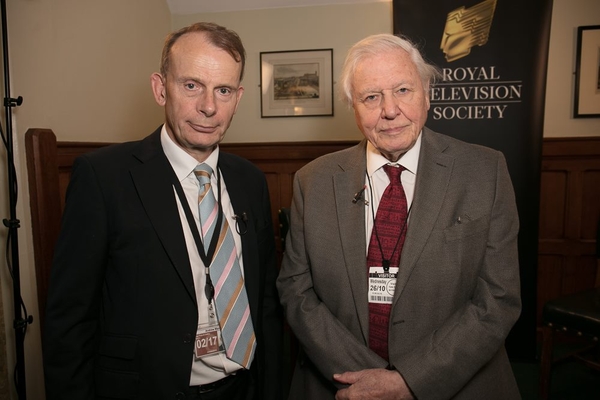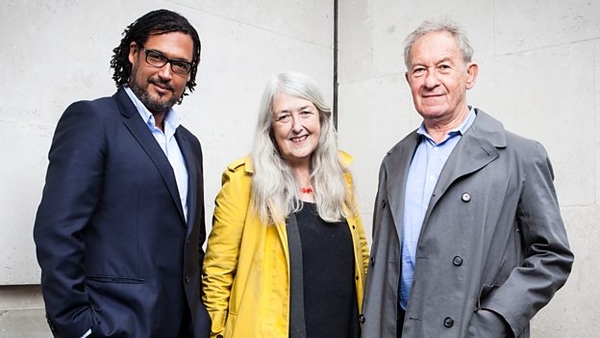Mary Beard cut from US version of Civilisation
Professor Beard, who appears alongside British historians Simon Schama and David Olusoga in the series, has been replaced onscreen with a voiceover by American actor Liev Schrieber. The show following in the footsteps of Kenneth Clarke’s landmark series of the same name in 1969.





